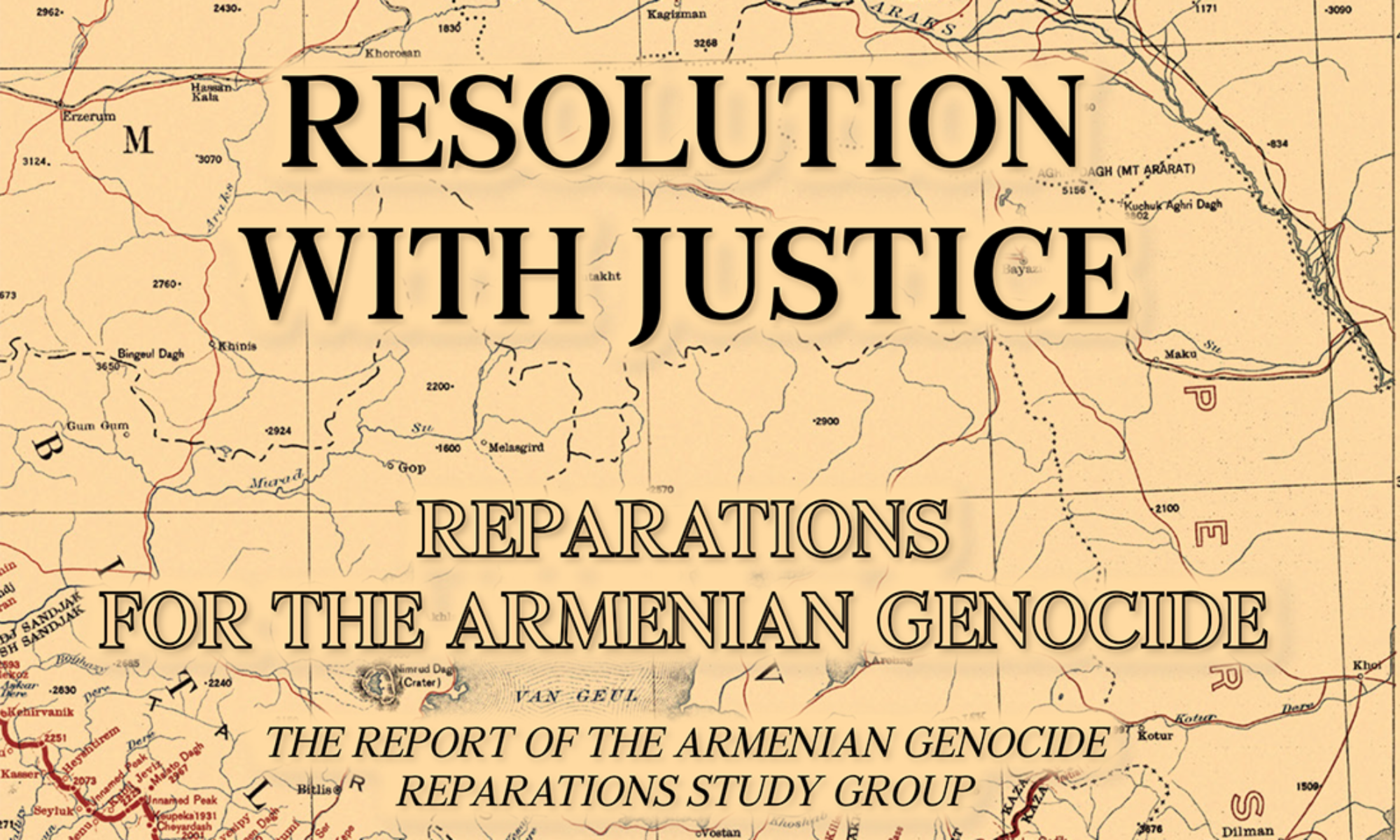There is a consensus in scholarly community on the fact of the Armenian Genocide
“The Armenian Genocide already has enough international recognition [there is also a consensus on this in the scholarly community]; now it is time to concentrate on the question of reparations”, said renowned French-Armenian historian, Professor at the University of Paris VIII, Saint-Denis Raymond Kevorkian in an exclusive interview with Nvard Chalikyan from Panorama.am. Dr. Kevorkian also emphasized the importance of Turkey to recognize the Armenian Genocide, as he believes Turkey continues to pose a threat to Armenia as long as it hasn’t recognized this crime.
Below is the complete interview.










